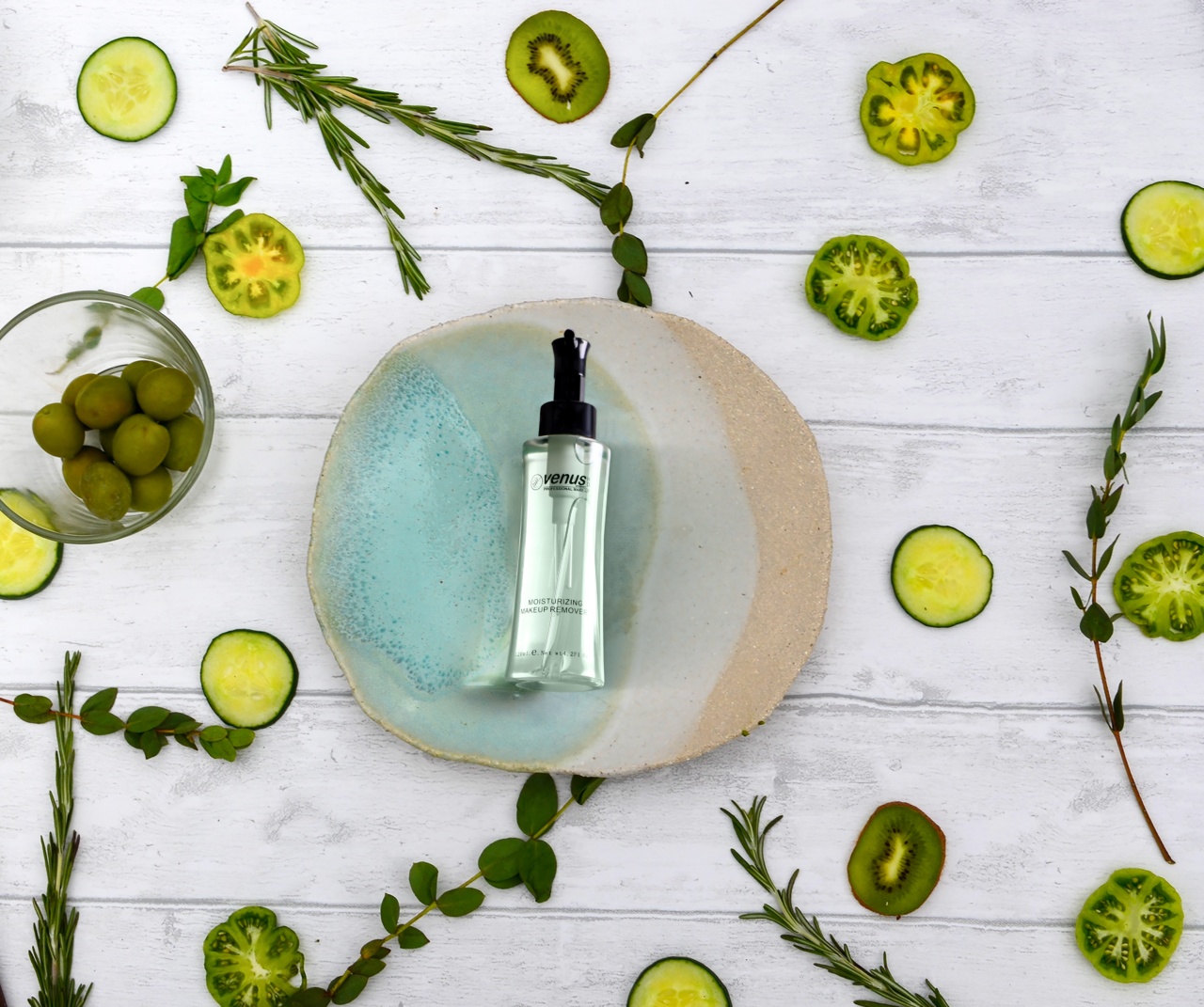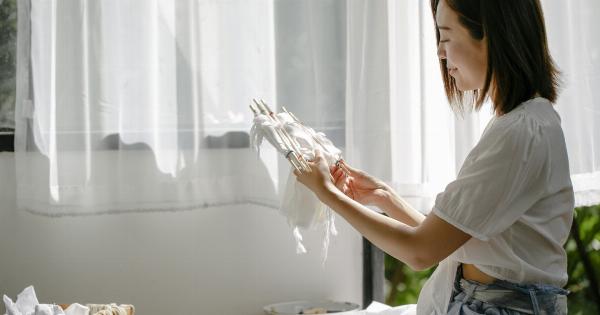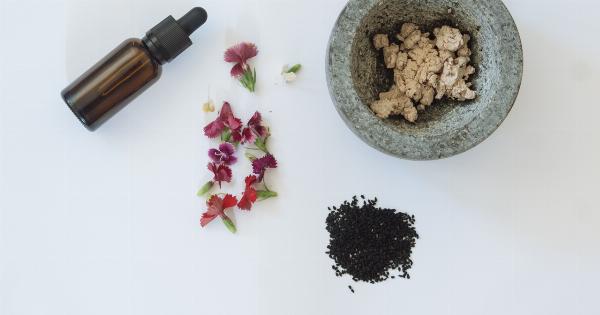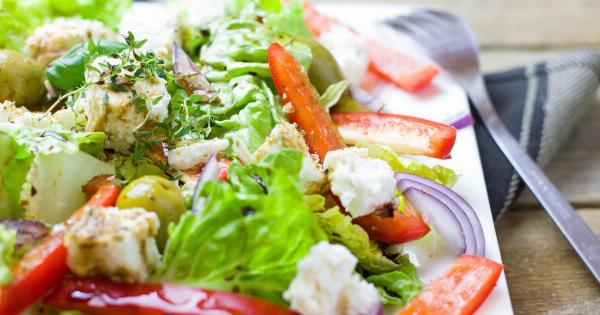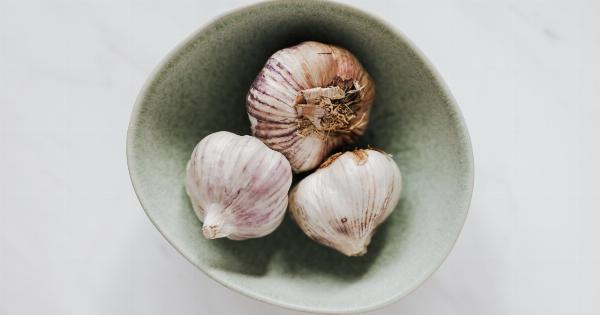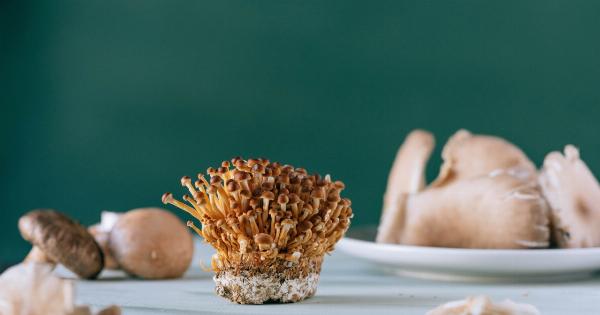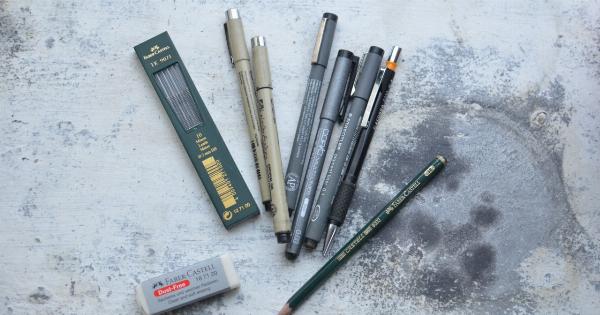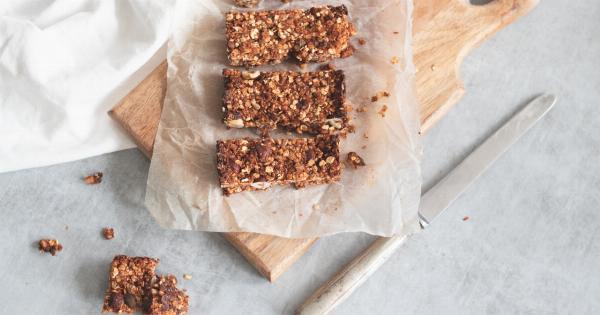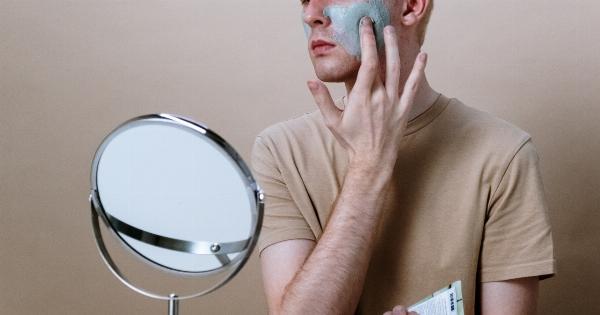Baking soda has long been a staple in many beauty routines due to its versatility and affordability. It has been used as a natural exfoliant, odor absorber, and even a teeth whitener.
However, some individuals may experience skin irritations and sensitivities when using baking soda on their skin. If you’re looking for safe alternatives to replace baking soda in your beauty products, we’ve got you covered.
In this article, we will explore five effective substitutes that can deliver similar results without causing any harm to your skin.
1. Kaolin Clay
Kaolin clay, also known as white clay, is an excellent alternative to baking soda in beauty products. It is a gentle cleanser and exfoliant that can effectively draw out impurities from the skin without causing any irritation.
Kaolin clay is rich in minerals and is especially beneficial for oily and acne-prone skin types. It helps to absorb excess oil, unclog pores, and soothe inflammation. You can incorporate kaolin clay into your beauty routine by using it as a face mask, cleanser, or body scrub.
2. Rice Flour
Rice flour is a finely ground powder made from rice grains and is widely used in Asian beauty rituals. It is an excellent substitute for baking soda as it gently exfoliates the skin without causing any harsh abrasion.
Rice flour helps to remove dead skin cells, improve skin tone, and brighten the complexion. Additionally, it contains skin-beneficial nutrients such as vitamin B and antioxidants. You can mix rice flour with water or other natural ingredients like honey or yogurt to create a gentle exfoliating scrub or face mask.
3. Oatmeal
If you’re dealing with sensitive or dry skin, oatmeal is a perfect replacement for baking soda in beauty products. Oatmeal is soothing, anti-inflammatory, and helps to retain moisture in the skin.
It contains natural cleansers called saponins that can effectively remove dirt and impurities without stripping off the skin’s natural oils. Oatmeal also provides relief from itching and irritation, making it an ideal ingredient for people with eczema or psoriasis.
You can use oatmeal in your beauty routine by adding it to a bath soak, creating a facial scrub, or making a nourishing face mask.
4. Sugar
If you’re looking for an alternative to baking soda for body scrubs, sugar is an excellent option. Sugar is a natural humectant, which means it helps to retain moisture in the skin.
It is also a gentle exfoliator that effectively removes dead skin cells and reveals smoother, softer skin. You can mix sugar with oils like coconut oil or olive oil to create a hydrating and exfoliating body scrub. The grainy texture of sugar will slough away dead skin cells while the oils nourish and moisturize your skin.
5. Apple Cider Vinegar
When it comes to replacing baking soda in hair care products, apple cider vinegar is a fantastic alternative. Baking soda is often used as a clarifying ingredient to remove residue and build-up from the hair, but it can be too harsh on the scalp.
Apple cider vinegar, on the other hand, maintains the pH balance of the scalp and hair while gently removing impurities. It also enhances shine, improves hair manageability, and helps to combat dandruff. You can use apple cider vinegar as a rinse after shampooing or mix it with water for a natural hair cleanser.
By incorporating these safe alternatives into your beauty routine, you can enjoy the benefits without any potential side effects of baking soda. Whether you’re looking to exfoliate, cleanse, or clarify, these substitutes have got you covered.
Experiment with different options and find the ones that work best for your skin and hair type.
